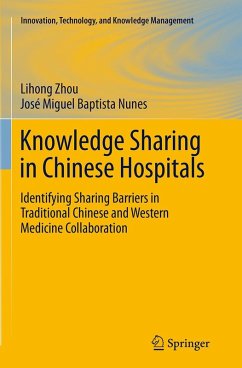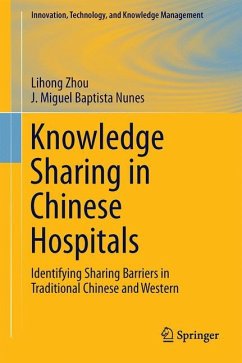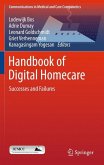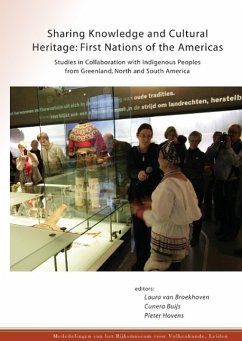This book aims to identify, understand and qualify barriers to the patient-centred knowledge sharing (KS) in interprofessional practice of Traditional Chinese Medicine (TCM) and Western Medicine (WM) healthcare professionals in Chinese hospitals. This collaboration is particularly crucial and unique to China since, contrary to Western practice, these two types of professionals actually work together complimentary in the same hospital. This study adopted a Grounded Theory approach as the overarching methodology to guide the analysis of the data collected in a single case-study design. A public hospital in central China was selected as the case-study site, at which 49 informants were interviewed by using semi-structured and evolving interview scripts. The research findings point to five categories of KS barriers: contextual influences, hospital management, philosophical divergence, Chinese healthcare education and interprofessional training. Further conceptualising the researchfindings, it is identified that KS is mostly prevented by philosophical and professional tensions between the two medical communities. Therefore, to improve KS and reduce the effects of the identified barriers, efforts should be made targeted at resolving both types of tensions. The conclusion advocates the establishment of national policies and hospital management strategies aimed at maintaining equality of the two medical communities and putting in place an interprofessional common ground to encourage and facilitate communication and KS.
Bitte wählen Sie Ihr Anliegen aus.
Rechnungen
Retourenschein anfordern
Bestellstatus
Storno








